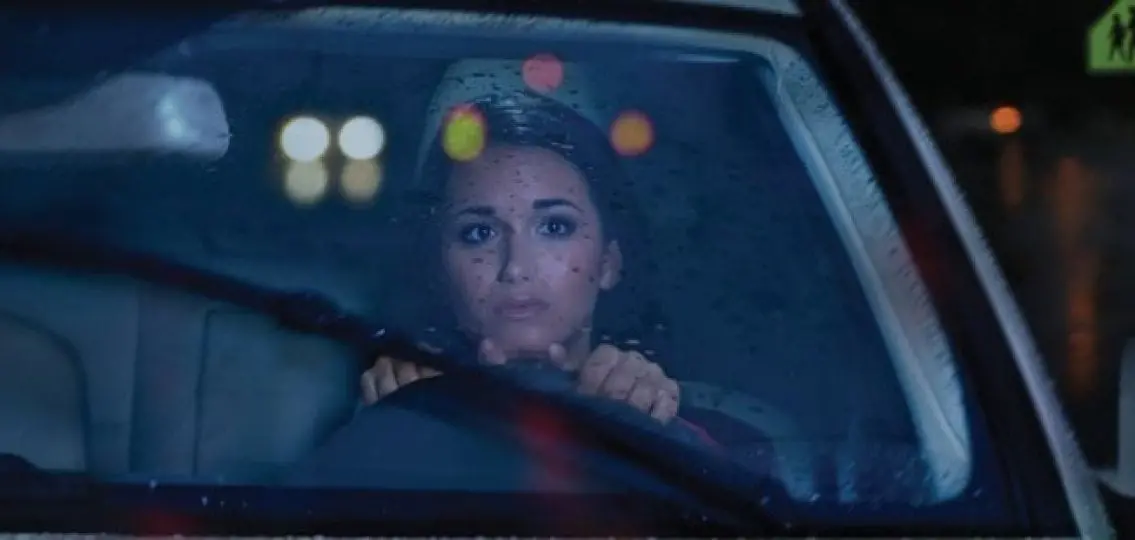Dear Your Teen:
My 15-year-old daughter does not drink or participate in drugs. She actually gets upset when I suggest that some of her friends may partake in smoking pot. I’ve met most of her friends, boys and girls, and they are a great set of kids. I’ve heard them discuss kids they know who drink and do drugs.

Anyway, last year she missed a party because she did not want me to call to find out if there were going to be parents attending. There were. This year, she is going into tenth grade and she has already brought up the idea that there will be parties that she would like to go to, but she does not want me to call to find out whether parents will be present.
Should I limit my calling to large parties? She wants to show me she can be trusted.
EXPERT | Dr. Wes Crenshaw
Most Teens Aren’t Trustworthy
Teens are many things, but always trustworthy isn’t one of them. In two decades of discussing the intimate details of teen life, I’ve met exactly one who claimed otherwise. In fact, this 16 year old accused me of being cynical and prejudiced; that trust was a vital part of any parent-child relationship; that she was herself, an example of a trustworthy teen.
Several years later she came to see me on college break. As I recounted our discussion, she looked a bit surprised—like I was talking about some other kid. Then, a smile creased her lips as she remembered. “Oh yeah,” she giggled. “I was just lying about that.”
The vast majority of teens are going to spend time somewhere they aren’t supposed to be, doing something they aren’t supposed to be doing.
The only real question is whether they exercise good judgment when doing so.
Some teens have better judgment than others. The better your daughter’s judgment, the more I would let her roam among the many teens who don’t. But I’d still expect to know where she’s roaming.
Trust and Verify
I actually curb family conversations about trust. They’re all heat and no light. Besides, trust between a parent and child is less about teen honesty than parent convenience. It’s much easier to “trust” a teen than to hold him or her accountable.
I instead suggest Ronald Reagan’s approach to the Soviet Union—trust and verify. Know where teens are and what they’re doing, but understand in your heart that they’re pretty good at getting away with stuff. Act accordingly when you catch them. Checking in with another parent (I’d use text messaging myself) is a quick, easy way to assure everyone’s compliance and if you make it about verification instead of trust, it should be a non-issue with your daughter.

Dueling Roles
Bottom line: The point of adolescence is to differentiate (i.e. start the process of maturing into an adult) from family of origin. The point of parenting is to keep teens alive, ethical, empathic and excellent in behavior, and minus addiction, school failure or children of their own. Those dueling roles require a certain amount of conflict to generate a successful adult. It’s difficult to learn how to be that successful adult from the void of parental non-involvement.




